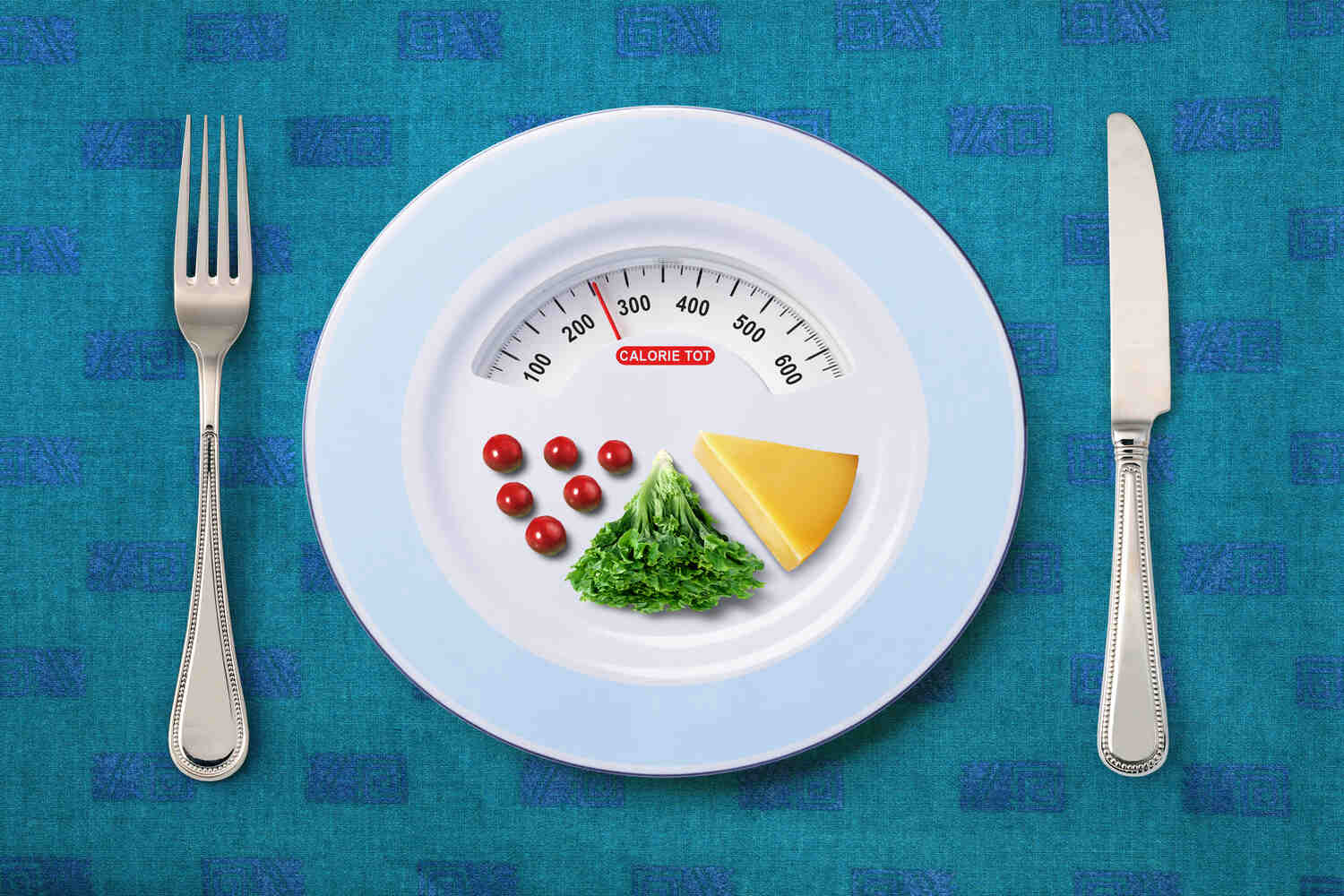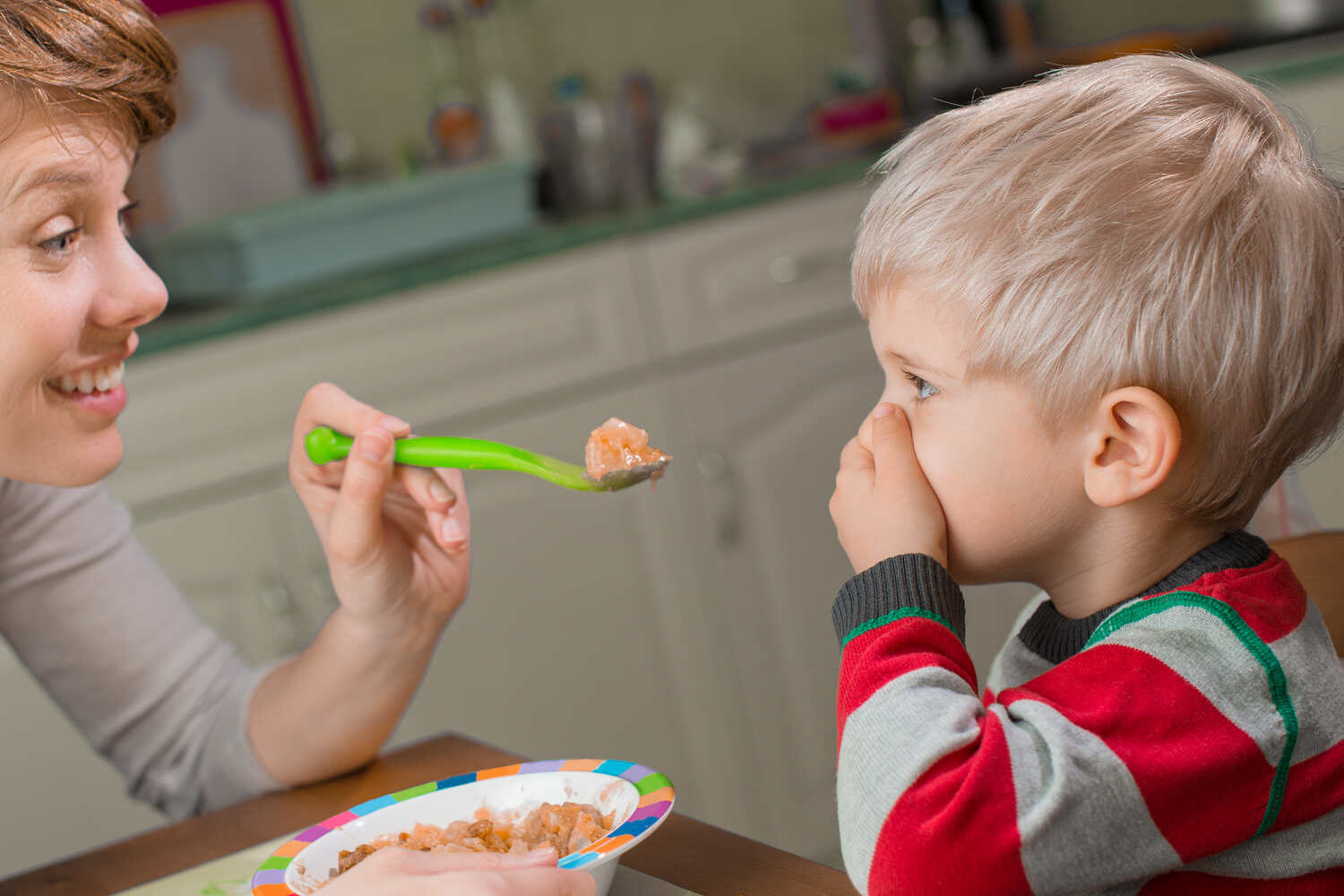
As toddlers begin to grow, weight gain is a sign of overall development. Despite keen nutrition care, many toddlers do not gain weight and often remain underweight. No wonder parents worry about their toddler being underweight. Weight and height are two crucial parameters that determine the development of toddlers. You might be familiar with feedback like “Are you not feeding your little one sufficiently to see how thin he/she is?”.
But how to know if your toddler is underweight is a question of concern (1). Well, there are plenty of ways to understand if a toddler is gaining weight or not. To help you understand the conditions of being underweight, the reasons for this, and the tips to deal with such circumstances for healthy growth, here is the complete wrap of information you need to know. Let’s take a deep dive.
In This Article
- How to Tell if Your Toddler is Underweight?
- Reason Why Your Toddler is Underweight?
- Tips to Encourage Your Toddler to Eat More
- What if Toddler Doesn’t Gain Weight Despite Your Best Efforts?
- FAQ’s
How to Tell if Your Toddler is Underweight?

Probably many mothers notice their toddler is underweight if they are easy to carry and seem smaller than other kids of their age group. Being a parent, you must understand some toddlers are genetically or naturally slim, particularly if parents have the same body type. There is nothing to worry about if your toddler is slim.
However, getting a doctor’s advice is the best way to understand if your little one is gaining ideal weight or not. Your pediatrician has a record of the toddler’s height, weight, and other vital signs of growth. With all these parameters, doctors can easily predict if your toddler is growing as per the pace or has stunted growth.
Moreover, they also consider other factors, including calorie intake, eating habits, hereditary, BMI, age, and gender. You can do all the above at home as well. There are many “growth calculators” available online. However, be aware that many of these calculators use Caucasian kids as the base range – and we Indians are genetically smaller than Caucasians. So, while these online tools can give you an indication of where your toddler stands, it may not be accurate for your toddler.
Reason Why Your Toddler is Underweight?

Your toddler might be underweight for various reasons. However, the most common cause for being underweight is they are burning more calories than they are consuming each day. This is mainly true if they are picky eaters. Some toddlers may also face underweight conditions because of the reasons listed below-
- Certain genetic or medical conditions prevent weight gain (2)
- Not consuming a well-balanced meal
An unexplained weight loss, even if a toddler seems fine, maybe a sign of an underlying medical issue. Hence, it is important to consult with a doctor to know if your toddler has any medical condition which is preventing them from gaining weight.
Tips to Encourage Your Toddler to Eat More

As a parent, you may be worried about your toddler being underweight. But do not feed them junk food such as burgers, cakes, or sugary beverages. These foods may make them gain weight but can lead to various health problems. Hence, it is vital to encourage your toddler to eat a well-balanced, nutrient-rich diet. Here are a few tips that may encourage your toddler to eat properly (3a)-
1. Set an Eating Routine
Firstly, establish a suitable routine for feeding your toddler. A relaxed meal time encourages toddlers to eat mindfully and peacefully. Offer them different varieties of food and set three main meals and two snack meals every day. Make sure to help your toddler learn about eating at the table with family. Always turn off television when feeding your toddler and keep phones away from their reach. Let them concentrate on eating and talking with you to make them feel relaxed.
2. Increase Calorie Intake
Low-calorie intake is the prime reason behind toddler being underweight. If your toddler is underweight, it is advisable to increase their calorie intake. Choose high-calorie meals for your toddler enriched with essential micronutrients. Serving a well-balanced meal is an ideal way for your toddler to gain weight. However, do not fill them with foods which are deprived of nutrients and vitamins. You can also ask your pediatrician for a healthy diet or foods that can help your toddler gain weight.
3. Give Them Plenty of Exercises
Yes, we know you want to increase their weight, not reduce it. But more exercise means more hunger, and that means more eating (3b)!
4. Be Calm
Do not scold them if they do not finish all items on their plate. Your toddler should not associate food with criticism and negativity.
What if Toddler Doesn’t Gain Weight Despite Your Best Efforts?
Even after putting in a lot of effort, if your toddler is not gaining weight or is unable to reach the healthy weight parameters, it is better to consult with a doctor. There may also be some issues which can affect the weight gain in your toddler, like-
1. Check Their Calorie Intake

Is the toddler taking sufficient calories? In case your kid is taking enough calories but is not gaining weight, they maybe suffering from-
Worms: Many toddlers may get worms, which makes them unable to gain weight as the majority of the nutrition is consumed by the worms. In such circumstances, doctors may advise to take deworming medicines (4).
Illness: If your toddler recently suffered from fever, diarrhea, or nausea, then their body may not be able to absorb vital nutrients from the food easily, resulting in weight loss (5).
The above conditions are not harmful for the toddlers if these are treated on time. Once they get appropriate treatment, your toddler starts gaining weight normally.
2. Toddler Refuses to Eat

If your toddler refuses to eat food, consult with a doctor to understand the underlying psychological reasons behind their refusal to eat food (6). However, if they eat properly but do not gain weight, your little one may be allergic to some food or have an intolerance to any food that causes discomfort. These medical conditions may create problems in gaining weight and also cause other health issues for your tiny tot.
A toddler’s underweight condition is manageable with the right guidance and well-balanced meals. As a parent, we understand you’ll be worried about your little one’s weight and overall growth. Consider the above tips and give them high-calorie nutritious food to help them gain weight. However, we would recommend getting a doctor’s consultation for appropriate guidance for determining the root cause, if any, behind your toddler being underweight. So, don’t panic, follow the right guide to make your little one gain weight naturally.
FAQ’s
1. Can Developmental Delays Play a Role in a Toddler’s Underweight Condition?
Yes, developmental delays also play a crucial role in a toddler’s underweight conditions. For instance, toddlers who are facing chewing difficulties or unable to swallow food due to underdeveloped muscles are the reason behind a toddler’s underweight condition.
2. Can Food Allergies be a Factor in a Toddler Being Underweight?
Yes, food allergies are also a factor in a toddler being underweight. For instance, toddlers with lactose intolerance may not be able to consume dairy products that are essential for them to gain weight. Moreover, little ones with IgE and non-IgE mediated allergies are at greater risk of low weight or slow growth (7).
3. When Should I be Concerned About my Toddler’s Weight?
You should be concerned about a toddler’s weight if their BMI is below the 5th percentile. The BMI, or body mass index, is a measuring scale to determine if a toddler is overweight or underweight. If your kid is below the 5th percentile, then you should be concerned about their weight. However, if the percentile is between 5th and 84th percentile, this is a sign of healthy weight. However, if the weight is above 85, the kid may be overweight.
4. Is it Normal to See a Toddler’s Ribs?
Yes, it is normal to see a toddler’s ribs because some little one’s are genetically slim. However, visible ribs can occur due to significant reasons such as Pectus Carinatum (Pigeon Chest, a condition in which ribs protrude out, giving the appearance of ribs). The condition does not cause problems in the future if it does not occur due to abnormal spine posture. Toddlers with weak muscles also experience this condition.
References
- Underweight in the First 2 Years of Life and Growth in Later Childhood – [https://www.ncbi.nlm.nih.gov/pmc/articles/PMC9338407/]
- 10 Possible Reasons Why Your Child Isn’t Growing – [https://health.clevelandclinic.org/10-possible-reasons-why-your-child-is-not-growing]
- How to help your child gain weight – [https://www.nhs.uk/live-well/healthy-weight/childrens-weight/how-to-help-your-child-gain-weight/]
- Effects of Deworming on Malnourished Preschool Children in India: An Open-Labelled, Cluster-Randomized Trial – [https://www.ncbi.nlm.nih.gov/pmc/articles/PMC2291568/]
- Prevalence and factors associated with underweight children: a population-based subnational analysis from Pakistan – [https://bmjopen.bmj.com/content/9/7/e028972]
- Picky eating in children: causes and consequences – [https://pubmed.ncbi.nlm.nih.gov/30392488/]
- Pathophysiology of Non-IgE-Mediated Food Allergy – [https://www.ncbi.nlm.nih.gov/pmc/articles/PMC8721028/]
